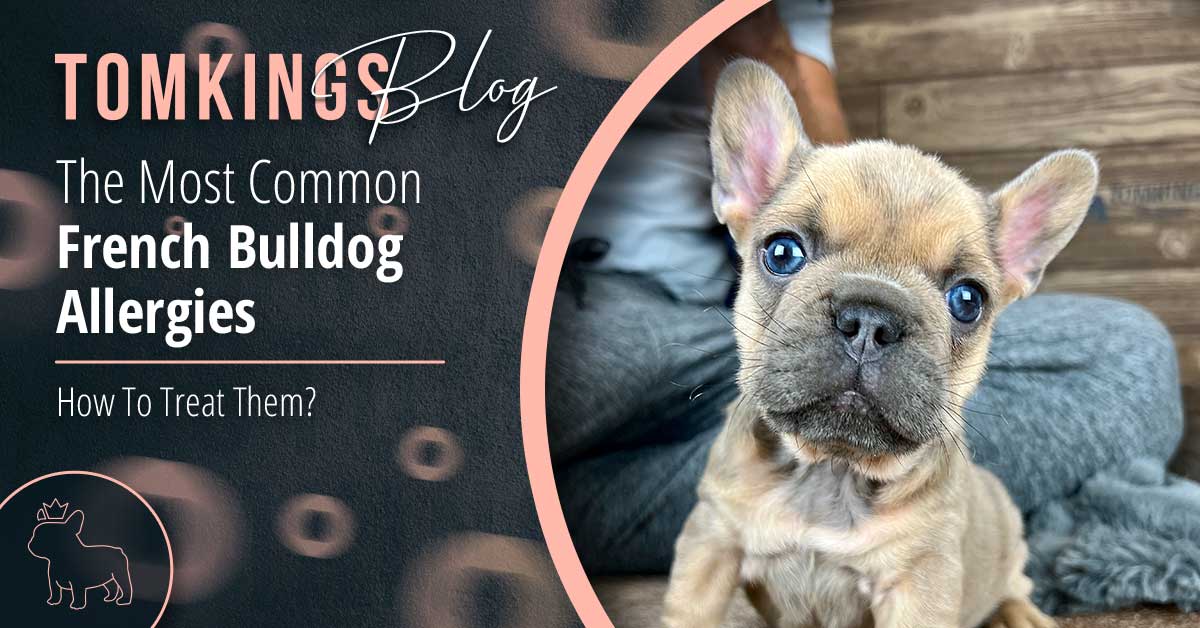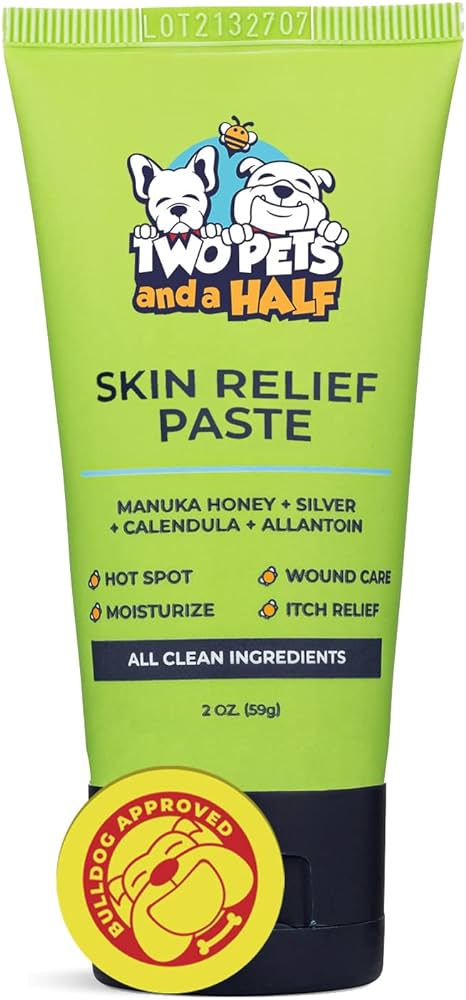To treat French Bulldog allergies, consult a vet for proper diagnosis and treatment plan. Implement dietary changes and consider allergy testing for pinpointing triggers that may help in managing symptoms effectively.
French Bulldogs are lovable companions known for their playful demeanor and affectionate nature. However, just like humans, dogs can suffer from allergies that can impact their quality of life. It’s essential for pet owners to recognize the signs of allergies in their furry friends and take necessary steps to alleviate their discomfort.
We will explore common allergy symptoms in French Bulldogs, discuss potential triggers, and provide actionable tips on how to treat and manage allergies to ensure your pet’s well-being and happiness. By understanding and addressing your French Bulldog’s allergies, you can help them lead a healthier and more comfortable life.
Identifying Allergies
Addressing French Bulldog allergies involves identifying environmental and food triggers through allergy testing. Implementing dietary changes, using hypoallergenic products, and managing potential irritants can help alleviate symptoms and provide relief for your pet.
| Identifying Allergies |
Common Allergic Triggers
|
Symptoms to Watch for
|

Credit: www.amazon.com
Preventative Measures
To prevent French Bulldog allergies, focus on maintaining cleanliness by regularly bathing and grooming your pet. Additionally, consider switching to a specialized diet to help alleviate allergic reactions.
Quick Relief Remedies
Frenchie allergies can be relieved with natural remedies such as oatmeal baths and coconut oil. For more severe cases, over-the-counter medications like antihistamines and corticosteroids can provide quick relief.
Consulting A Veterinarian
If your French Bulldog is suffering from allergies, it’s important to consult with a veterinarian for proper diagnosis and treatment. A veterinarian will conduct professional allergy testing on your dog to determine the specific allergens causing the reactions. Once the allergens are identified, your vet can create a customized treatment plan to alleviate your French Bulldog’s discomfort. This may include a combination of medications, dietary changes, and environmental modifications. By following your vet’s guidance, you can effectively manage your dog’s allergies and improve their quality of life. Remember to regularly communicate with your vet about your dog’s progress and any changes in their symptoms. With professional guidance, you can provide the best care for your French Bulldog’s allergies.
Long-term Management
Long-term management of French Bulldog allergies involves creating an allergy-free environment for your furry friend. Start by regularly monitoring your French Bulldog for any signs of allergies. Pay attention to symptoms such as itching, redness, sneezing, or coughing. Keep a record of the triggers that seem to worsen your dog’s allergies, such as certain foods, pollen, or dust.
Next, focus on creating an allergy-free environment. Keep your home clean and free from excess dust by regularly dusting surfaces, vacuuming carpets, and washing bedding. Consider using hypoallergenic cleaning products. Remove any plants or flowers that may trigger allergic reactions. Use a HEPA air purifier to filter out allergens from the air and provide your French Bulldog with a dedicated, allergen-free space in your home.
Additionally, consult with your veterinarian to develop a long-term allergy management plan for your French Bulldog. This may involve dietary changes, allergy medications, or immunotherapy. Follow the prescribed treatment plan consistently to ensure the best possible outcome for your beloved pet. With proper long-term management, you can help your French Bulldog live a comfortable and allergy-free life.

Credit: tomkingskennel.com
Frequently Asked Questions For Treat
French Bulldog Allergies
How Can I Treat French Bulldog Allergies At Home?
To treat French Bulldog allergies at home, you can start by identifying the allergen and removing it from their environment. Use hypoallergenic bedding, bathe them regularly with a gentle shampoo, and try over-the-counter antihistamines prescribed by your veterinarian. It’s best to consult with a professional for an accurate diagnosis and personalized treatment plan.
What Are Some Common Allergens For French Bulldogs?
Common allergens for French Bulldogs include pollen, dust mites, mold spores, certain foods, and flea bites. Your Frenchie may also be allergic to certain cleaning products or grooming supplies. Keep an eye out for symptoms like itching, redness, sneezing, or gastrointestinal issues, as they could be signs of an allergy.
Can French Bulldogs Be Allergic To Certain Foods?
Yes, French Bulldogs can be allergic to certain foods. Common food allergens for dogs include beef, chicken, dairy, corn, wheat, and soy. If you suspect your Frenchie has a food allergy, consult with your vet to determine the specific allergen and create a suitable diet plan for your pet’s needs.
What Are The Symptoms Of French Bulldog Allergies?
Symptoms of French Bulldog allergies may include itching, redness, paw licking, face rubbing, sneezing, watery eyes, ear infections, gastrointestinal issues, or hair loss. If you notice any of these symptoms, it’s crucial to consult with your veterinarian for proper diagnosis and treatment options.
Conclusion
so, To treat French Bulldog allergies requires vigilance and care. By identifying triggers early, following veterinarian recommendations, and creating a healthy environment, you can help your furry friend lead a comfortable life. With patience and persistence, you can alleviate their symptoms and ensure a happy, healthy pup.

